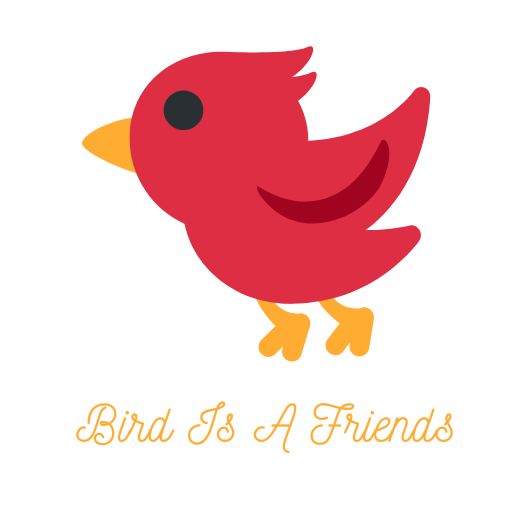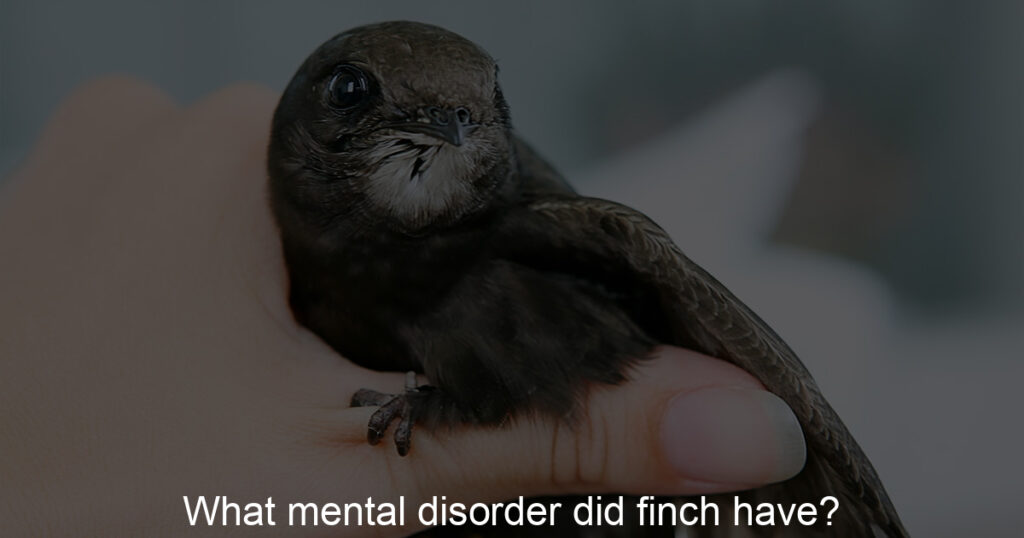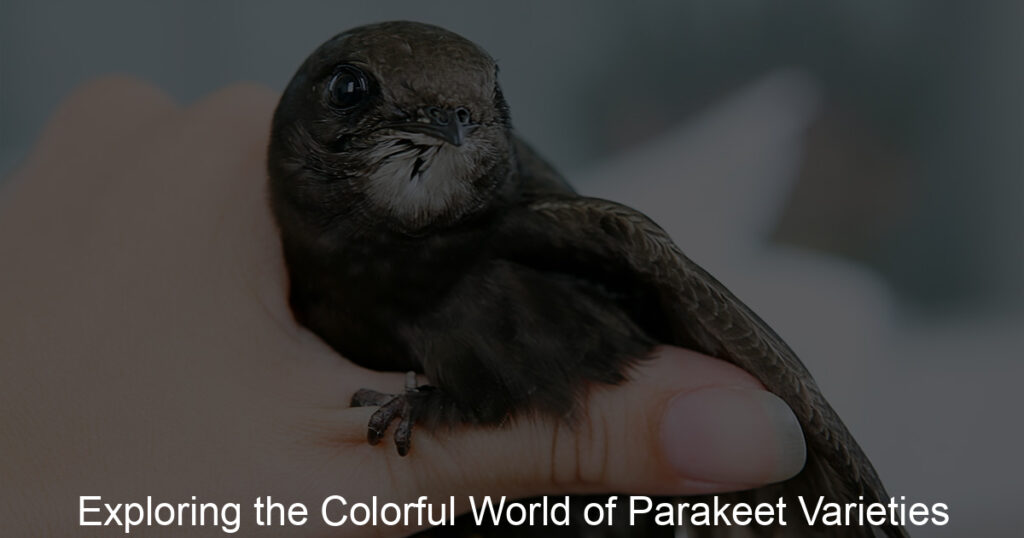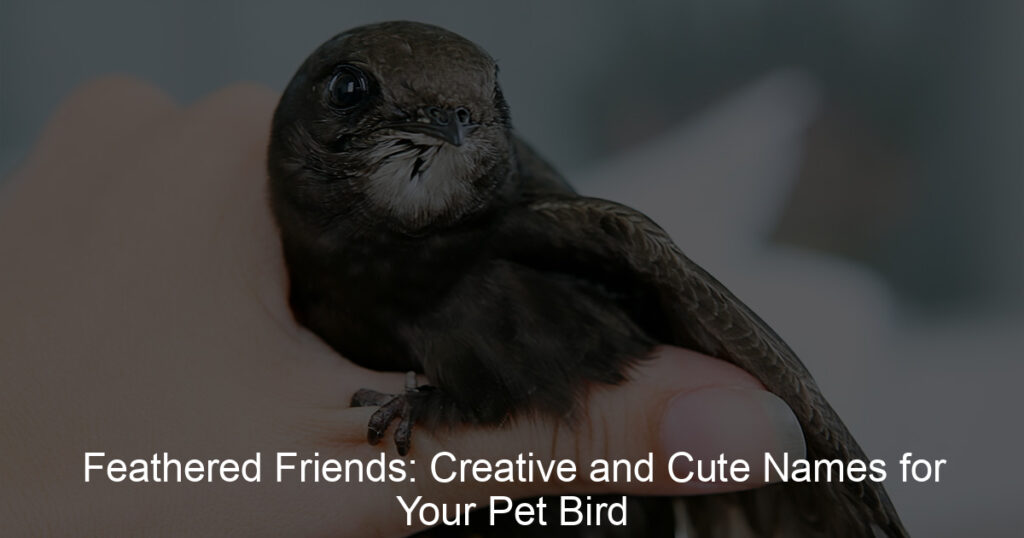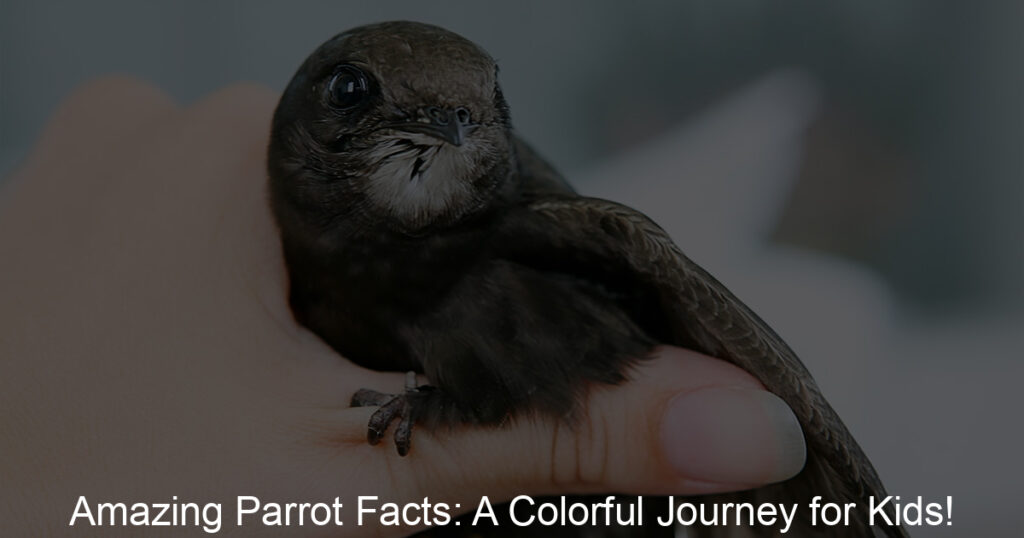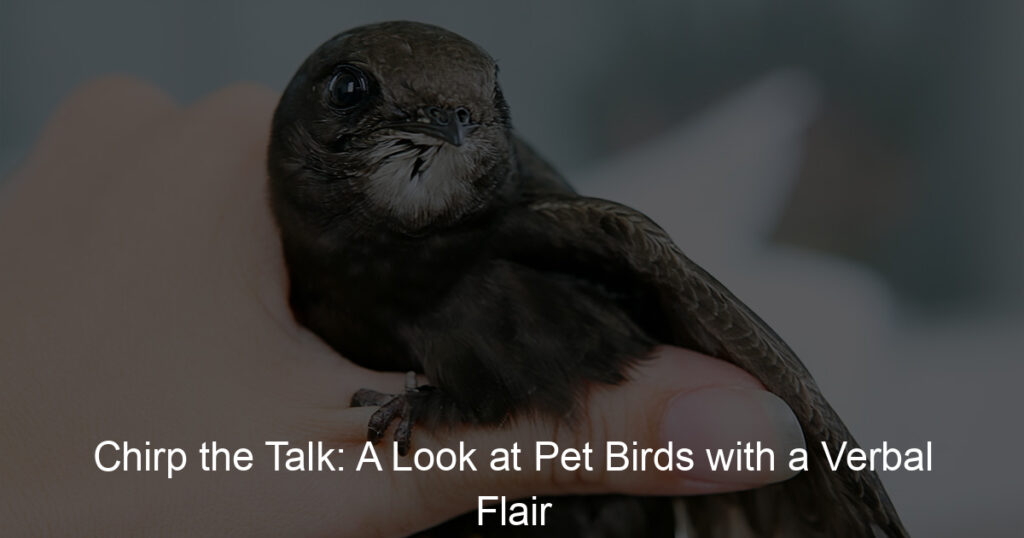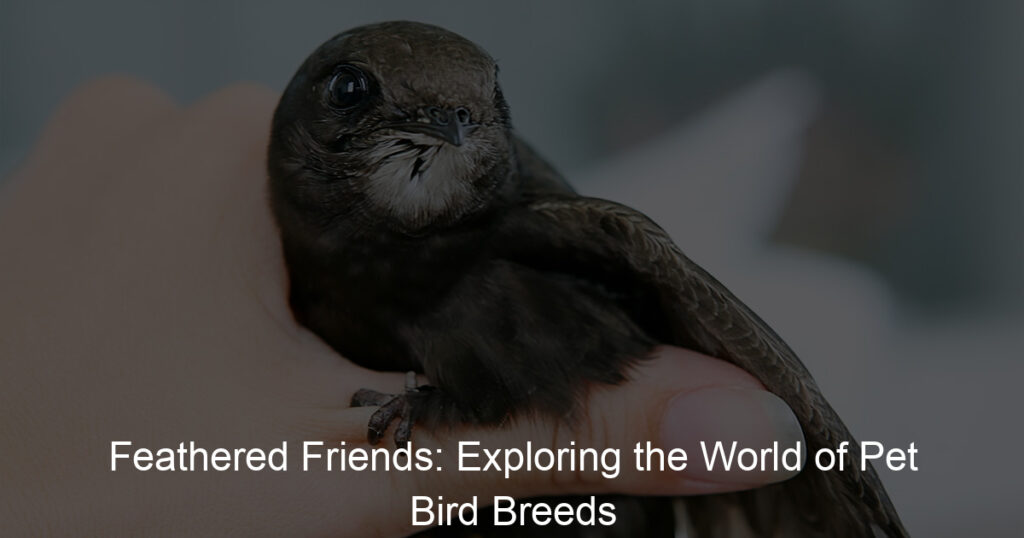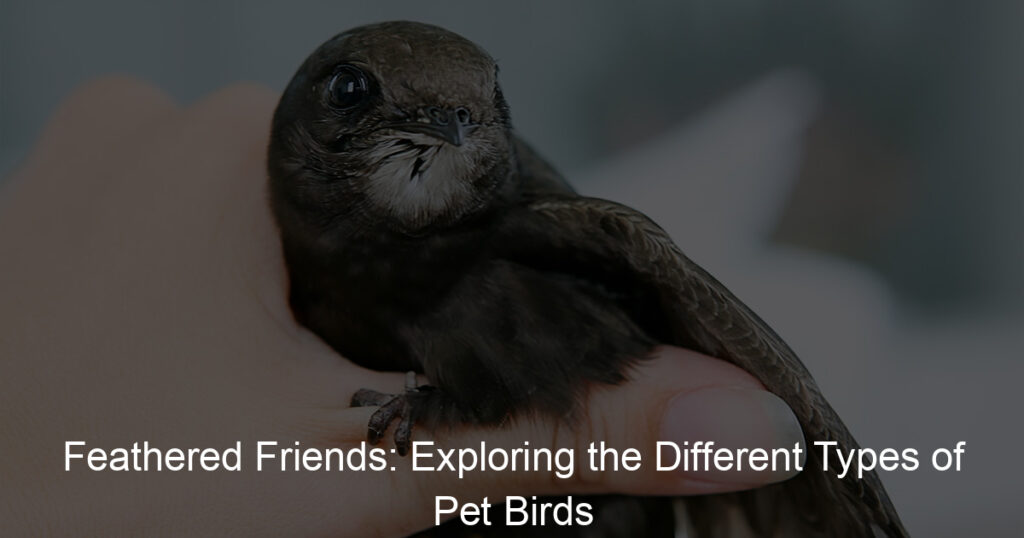Have you ever wondered what mental health disorder your pet bird may experience? If so, then you’re certainly not alone. Birds are sentient creatures that can feel emotions and display behaviors similar to those seen in humans with certain psychiatric disorders like depression or anxiety.
While we may never know definitively if a particular bird has any such illness, we can look at scientific literature as well as depictions from books and movies to get an idea of how birds might express their emotional turmoil.
One of the most famous fictional birds exhibiting symptoms consistent with a mental disorder is Finch from Charlotte’s Web. But the question still remains – What mental disorder did Finch have?
What are finches’ personalities?
Finches are not only vibrant and active, but they are also gentle and curious birds. They exude an air of intelligence and emotion, making them highly engaging pets to observe. They often display signs of trust when up close with a human caretaker. Many finches appreciate head rubs and respond positively to sweet talking.
Finches are highly sociable with one another, often forming pairs or groups if left to live in the wild instead of in a cage. Even when placed with unfamiliar birds, finches will bond evenly among themselves within just a few weeks. All in all, these wonderful birds have amazing personalities that can win anyone over!
Do finches get sad?
It’s no secret that animals interact with the world around them in varying ways, and one of the most interesting relationships is how birds, such as finches, view their environment. Many scientists are still trying to figure out how much emotion these species experience, but it is widely accepted that they do experience forms of emotion.
Certainly, they get uneasy when isolated from their flock or in unfamiliar settings. They may also get excited to meet new flock members. So while finches may not feel overwhelming sorrow like we do, there seems to be some indication that there are emotional fluctuations that are similar to our own.
As we continue to learn more about these amazing creatures, it’ll be fascinating to unlock even more of their mysterious inner workings!
Finch Diseases Symptoms
Finches are susceptible to numerous diseases, making it important to watch for signs of illness. Common symptoms of disease in finches include fluffed-up feathers, lack of appetite, labored breathing, a decrease in activity levels, and changes in droppings.
Less frequently seen symptoms can include difficulty flying and unexplained weight loss. If any of these health issues appear, it is wise to consult an avian veterinarian for further information and treatment options.
Furthermore, observing proper hygiene practices and taking good care of your bird’s diet can help prevent disease and ensure the finch enjoys a healthy lifestyle.
Zebra finch diseases and treatment
Zebra finches are beautiful and popular birds that have a wide range of health issues, some of which can be prevented with proper preventive care. Some of the most common diseases found in these birds are bacterial infections, parasites, fungal infections, nutritional problems, and respiratory diseases.
Symptoms such as poor feather quality, weight loss, lethargy, and respiratory distress are common signs that may indicate an underlying problem. Treatment often involves antibiotics prescribed by a veterinarian specializing in avian medicine—sometimes combined with dietary changes or other supplemental treatments.
As always, the sooner you spot any suspicious behavior the faster you can get your finch to a qualified vet for treatment and help prevent long-term complications or even death.
Signs a zebra finch is dying
A zebra finch is an often brightly colored pet bird that usually has significantly longer lifespans. Knowing the symptoms of a dying zebra finch can help ensure their health and well-being for as long as possible. Symptoms of a sick or nearly dying zebra finch include having disheveled plumage, refusing to eat, sleeping longer than usual, becoming unusually inactive, and adopting an upright posture with a hunched back.
In addition to these physical signs, if your pet begins behaving differently, it is likely due to illness or old age. If you notice that your zebra finch displays any of these symptoms, it’s important to take them to a veterinarian for proper diagnosis and receive treatment right away in order to save their life and restore their health.
The Bottom Line
It is important to note that there may not be a single “disorder” that finch birds experience. Rather, they may be subject to a variety of different symptom sets or behaviors derived from their environment, diet, and genetics. While these factors are almost immeasurable to humans, the adaptability of birds is impressive, and the spectrum of mental issues they can experience in the face of changes in their environment might even give us insight into our own interactions with our world.
Ultimately, what we can take away from studying the behavior of finch birds is just how incredible yet delicate bird species really are – understanding their behavior provides further evidence as to why it’s so vital for us to keep our planet healthy and protected.
